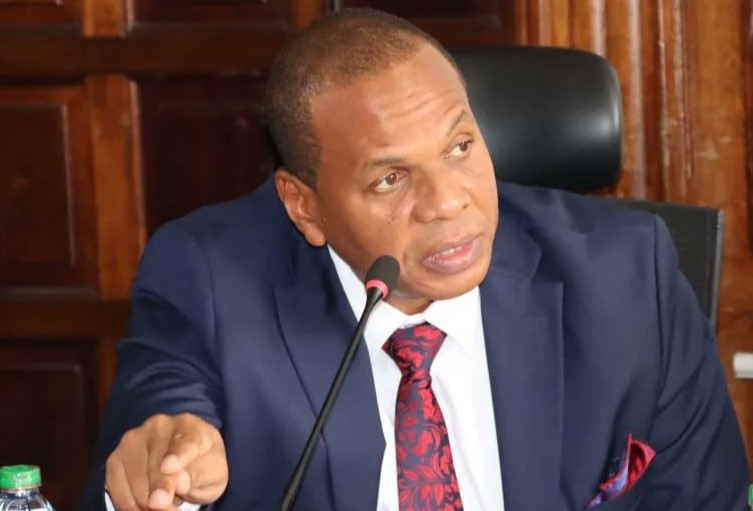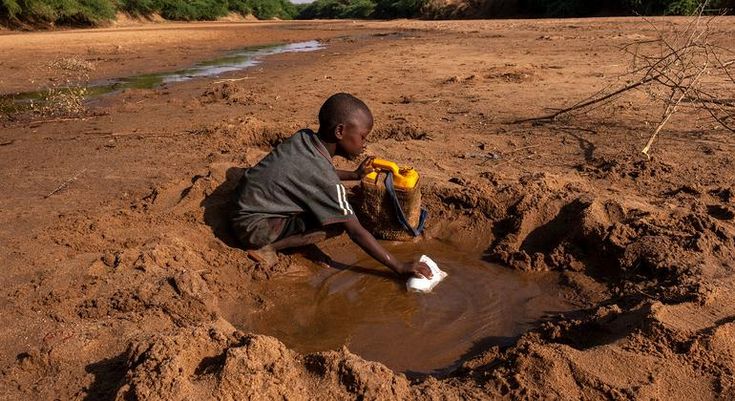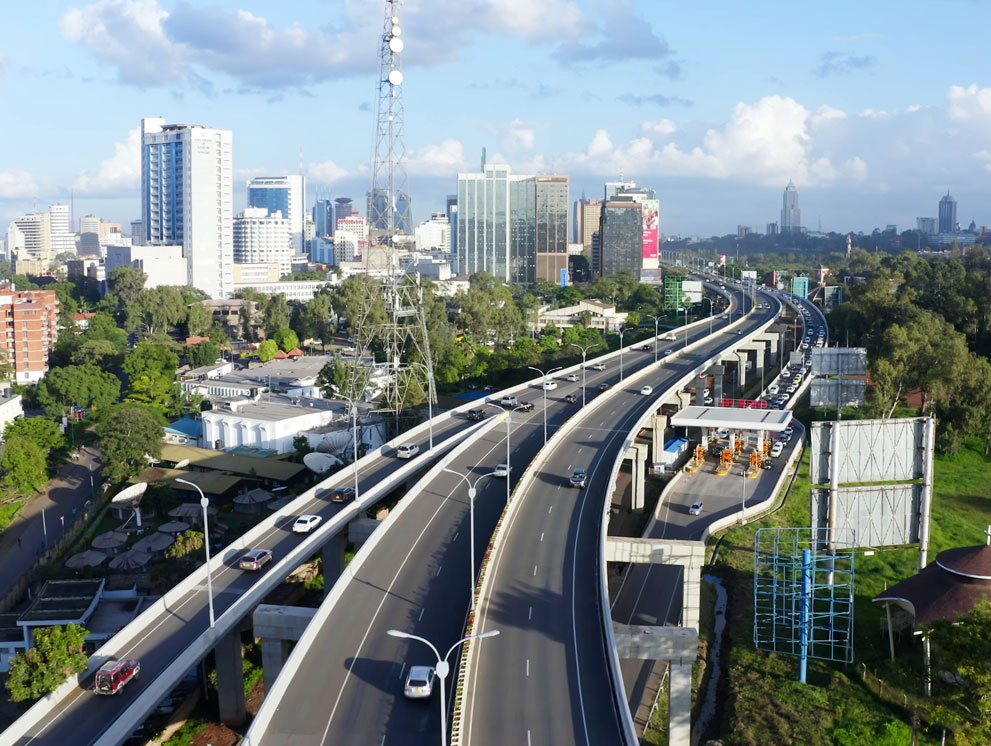African countries urged to scale up provision of free meals in schools amid budgetary uncertainties
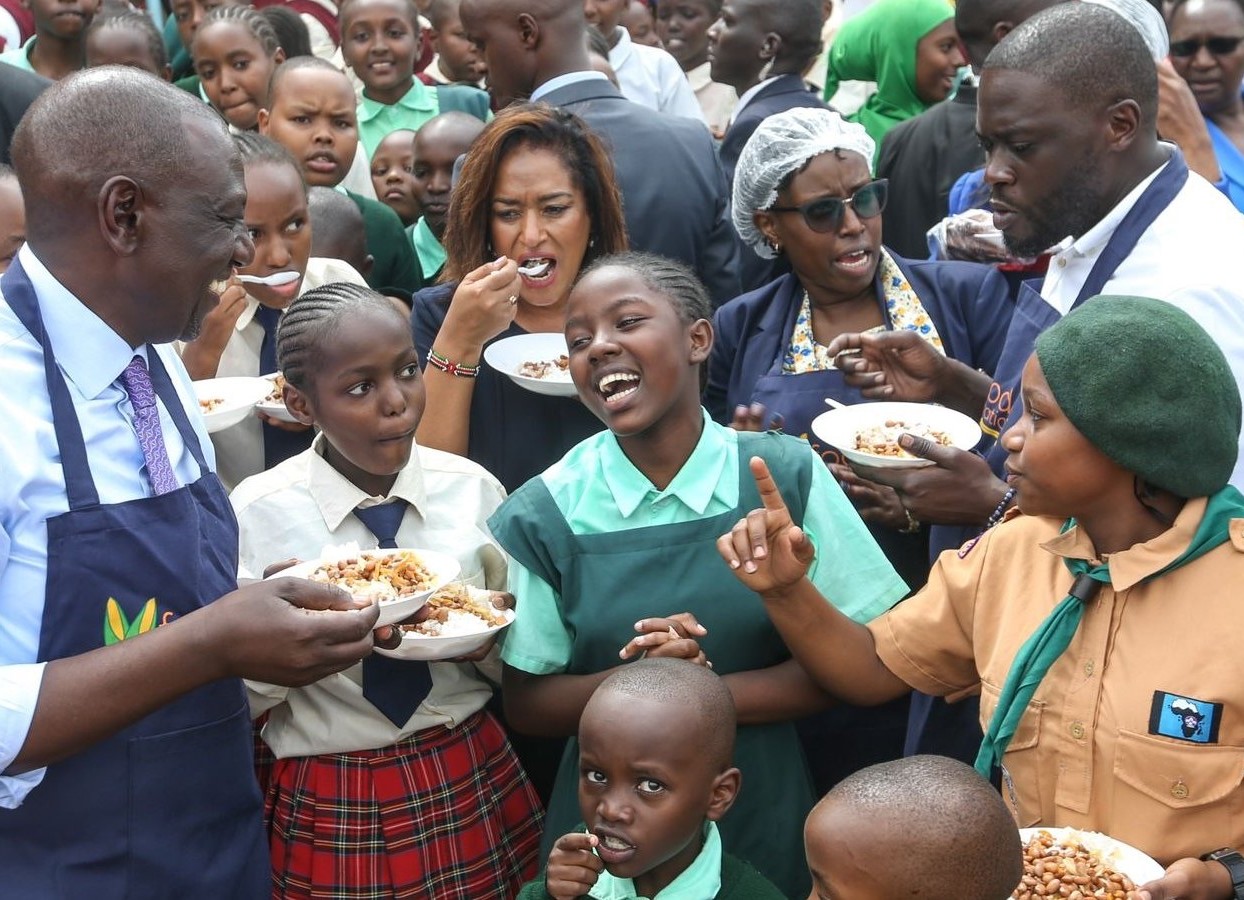
While appearing before the National Assembly Committee on Education two weeks ago, Basic Education Permanent Secretary Belio Kipsang confirmed that over two million learners are out of school largely due to lack of food.
African countries have been urged to scale up the provision of free meals to millions of school-going children despite the current economic difficulties.
This was said during a side event dubbed "Creating Fiscal Space for School Meals: Towards Agenda 2063, SDGs and Human Capital Development" at the African Development Bank Group's Annual General Meeting that kicked off in Nairobi on Monday.
More To Read
- Nairobi County proposes new rules to strengthen school feeding programme oversight
- Governor Johnson Sakaja appeals for funds to sustain ‘Dishi na County’
- Sakaja appeals for extra funds to expand Dishi na County to informal schools
- KNUT urges urgent release of funds, strengthening of school feeding programme in Garissa
- 20 million African children fed through national school meals programmes – WFP
- Kenya launches first pre-primary school feeding policy for counties
"Freedom from hunger is a human right. Children who get a good meal will go back to school time and again, there is a link between hunger and the development of grey matter," Dr Martin Fregene, Director of Agriculture and Agro-Industry at the African Development Bank told the high-level gathering of policymakers and decision-makers at the meeting organised by the Rockefeller Foundation in collaboration with the Global Partnership for Education and the World Food Programme.
Fregene maintained that, for that to be realised it has to be accompanied by planet-friendly, homegrown school meal programmes.
Africa aims to achieve universal primary education under Sustainable Development Goal number two on creating a world free of hunger, an initiative strongly supported by the Bank Group.
"No child today should go to school hungry! New and innovative ways to finance school meals need to be found," former Tanzanian President Jakaya Kikwete, the current chair of the Global Partnership for Education (GPE) implored.
Kenya's school feeding programme
The discussion happened as Kenya grappled with a decision on whether to reinstate the Sh4.9 billion capitation for the school feeding programme, which the National Treasury had scrapped leaving more than 4.5 million learners at the risk of dropping out of school.
While appearing before the National Assembly Committee on Education two weeks ago, Basic Education Permanent Secretary Belio Kipsang confirmed that over two million learners are out of school largely due to lack of food.
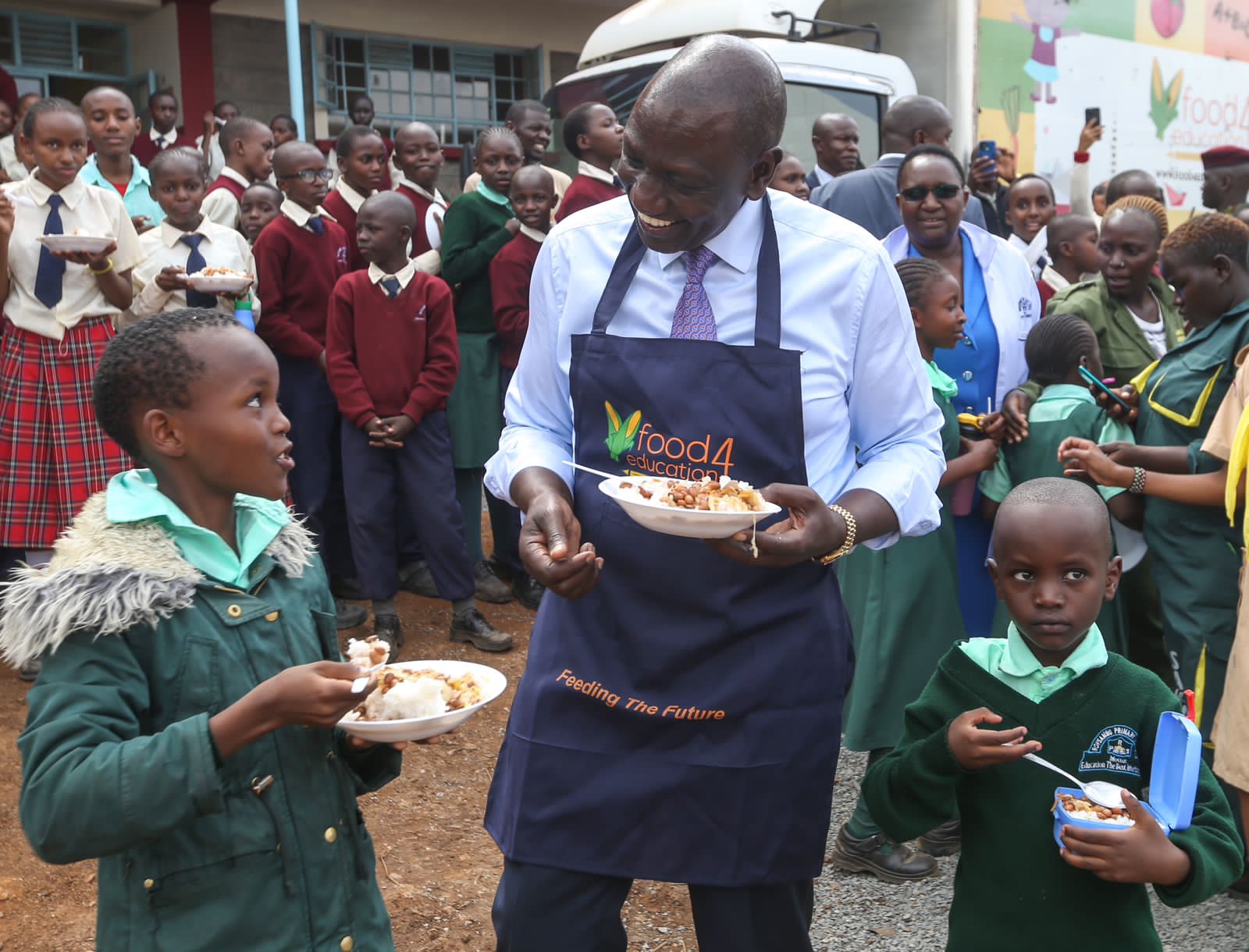 President William Ruto sharing a meal with pupils at Roysambu Primary School during the launch of the Nairobi School Feeding Programme on June 20, 2023. (Photo: File)
President William Ruto sharing a meal with pupils at Roysambu Primary School during the launch of the Nairobi School Feeding Programme on June 20, 2023. (Photo: File)
"It's so important that that single meal the students get at lunchtime is retained. It's so important that that cup of porridge that is given is retained because most students come without having any meal at home," he told the Committee.
The decision was overturned on Monday after the committee reversed the budget cuts for the financial year starting July 1, reinstating a Sh2 billion allocation under the National Council for Nomadic Education in Kenya (NACONEK) budget.
In the current financial year, the programme had been allocated Sh4.9 billion, meaning the Sh2 billion allocation is still inadequate.
Julius Melly, the committee chairperson urged the Budget and Appropriations Committee to reinstate the full amount by availing an additional Sh3 billion.
"This allocation should be provided under the NACONEK which is the institution tasked with implementing this programme," he told the committee.
Many countries are in a serious debt crisis hence grappling with constrained finances worsened by rising debt servicing costs, a situation that threatens to minimise the spending needed on critical interventions such as food provision and other basic needs.
According to WFP; since 2022, 48 out of 54 countries in Africa have put school feeding policies in place. However, despite all the progress made over the years, not every child is lucky enough to have a healthy meal in school. Many school feeding programmes still grapple with inadequate and unpredictable funding.
"Studies show that school meals not only reduce hunger and improve health and nutrition but also boost countries' productivity and allow children to better understand the links between what we grow and what we eat," WFP said on March 1, while marking the Africa Day of School Feeding.
According to the United Nations agency, while school meal programmes in Africa support 55 per cent of students in upper-middle-income countries, only 15 per cent of children in low-income countries receive school meals.
"These findings undermine the Continent's aspirations, articulated in the African Union's Agenda 2063, which includes developing Africa's human and social capital (through an education and skills revolution) and having healthy and well-nourished citizens. To achieve this, scaling up school meals must become a priority," the agency urged.
The Nairobi meeting focused on how countries could scale up the provision of free school meals to help meet the sustainable development goals and aspirations of the African Union's Agenda 2063.
Top Stories Today

